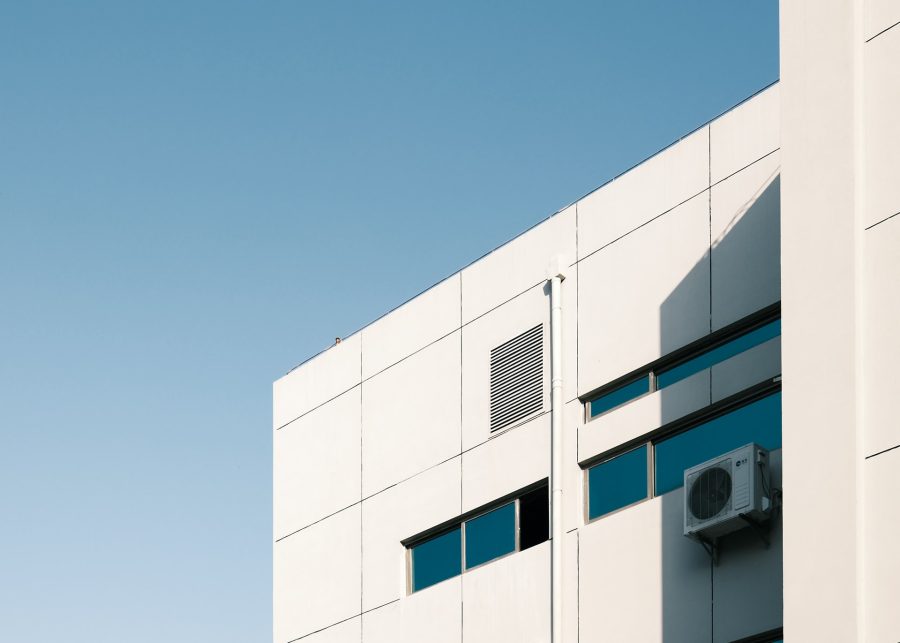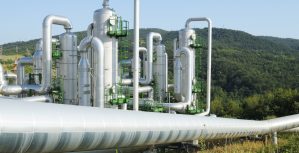How to Commission an HVAC System for Maximum Efficiency
When you commission an HVAC system, you are ensuring that it is working at peak performance for your building. This can save you money on energy costs in the long run and make your building more comfortable for occupants. In this blog post, we will discuss what HVAC commissioning is and how to go about it. We will also provide some tips on how to get the most out of your HVAC system.
What is HVAC commissioning?
Commissioning an HVAC system is the process of verifying that all components of the system are installed and functioning properly. This includes testing the equipment, calibrating controls, and adjusting settings to ensure optimal performance. The goal of HVAC commissioning is to make sure that your heating, ventilation, and air conditioning (HVAC) system is operating at peak efficiency.
There are many benefits to HVAC commissioning, including:
– Reduced energy costs: By ensuring that your HVAC system is running at peak efficiency, you can save money on your energy bills.
– Improved comfort: Commissioning can help to improve indoor air quality and thermal comfort for occupants of your building.
– Extended equipment life: Properly commissioning your HVAC system can help to extend the life of your equipment by preventing premature wear and tear.
If you are planning to commission an HVAC system, there are a few things to keep in mind. First, it is important to hire a qualified HVAC contractor who has experience with commissioning. Second, be sure to allow enough time for the process – it can take several days or weeks to properly commission an HVAC system. Finally, make sure that you have a good understanding of your building’s energy needs so that you can set the system up for optimal performance.
What does HVAC Testing and Commissioning service involve?
There are several steps involved in HVAC commissioning, including:
– Reviewing the design plans: The first step is to review the design plans for your HVAC system to ensure that everything is installed correctly.
– Testing equipment: Once all of the equipment is installed, it must be tested to ensure that it is working properly. This includes testing the thermostats, air handlers, and other components of the system.
– Calibrating controls: The next step is to calibrate the controls of your HVAC system. This ensures that they are accurate and will provide optimal performance.
– Adjusting settings: Finally, the settings of your HVAC system will be adjusted to ensure peak efficiency. This may include adjusting the air flow, temperature, and humidity levels.
If you need help with any aspect of the HVAC commissioning process, contact ECS Yorkshire for more information. Their qualified and experienced HVAC engineers can help with installation, servicing and commissioning.
Share It on :





